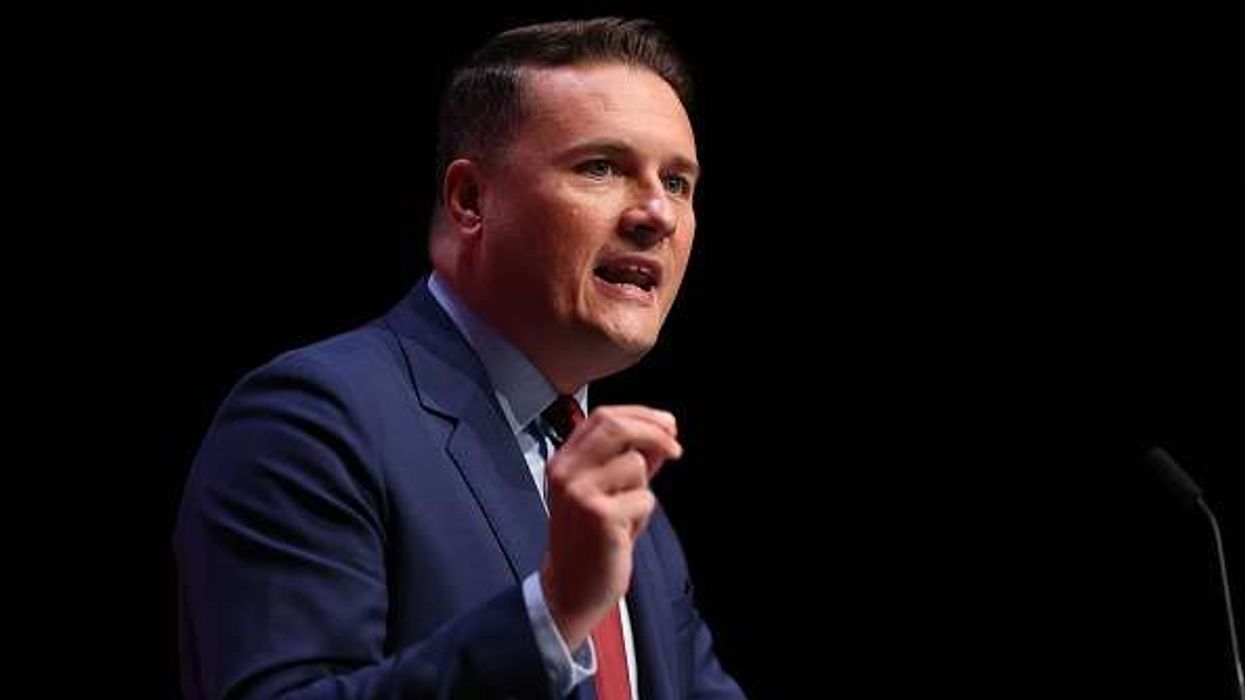Key Summary
- Wes Streeting accused the BMA of “cartel-like” behaviour, blaming it for harming the NHS’s recovery
- Junior doctors plan a five-day strike after rejecting the government’s latest pay-related offer
- The BMA says doctors’ pay is still 20 per cent lower than in 2008 and urges the government to resume talks
Health secretary Wes Streeting has accused the British Medical Association (BMA) of acting like a cartel, adversely impacting the NHS’s future.
He made the scathing comment at the NHS Providers conference in Manchester on Wednesday (12 November), as the resident doctors prepare for their 13th strike on Friday.
"It's time for the BMA to get real," BBC reported him as saying. "I think it's become increasingly clear that the BMA is no longer a professional voice for doctors. They are increasingly behaving in cartel-like behaviour, and they threaten not just the recovery of the NHS under this government."
"They threaten the future of the NHS full stop. And I think that is a morally reprehensible position to be in," he added.
The NHS leaders applauded Streeting in support of his response.
NHS Providers has earlier warned that industrial action by resident doctors, previously known as junior doctors, could wipe out the recent hard-won NHS recovery.
Resident doctors plan for a five-day walkout on Friday at 7:00 GMT, after the BMA’s failed talks with government last week.
The union rejected the government’s offer to cover exam fees and speed up training expansion emphasising on payment issues.
Streeting is stern about his decision regarding their payment saying the resident doctors have already received a total 30 per cent pay hike in the past three years.
"I'm responsible for 1.5 million people in the NHS, not just resident doctors, many of whom have not had a pay rise anything like what resident doctors have had, and many of whom, at the height of their career earnings, will never earn as much as the lowest paid doctor," Streeting noted.
Along with this, he criticised BMA’s opposition towards taxing the rich more to protect senior doctors’ pay and pensions.
"Let me tell you, when we ask some of the wealthier to pay more, some of the most effective lobbyists against paying higher tax are the BMA consultants committee and the BMA pensions committee," he said.
But the BMA contends that even after the hike, junior doctors still earn about 20 per cent less than in 2008 when adjusted for inflation, adding that it was just trying to stand up for doctors, as the organisation urged Streeting to get back to talks.
"The secretary of state should recognise the importance of demonstrating that the government values the NHS workforce, not blaming them for taking action when their pay's value remains a fifth below where it was in 2008, and doctors struggle to find work even as patients wait many months to see a doctor," a spokesperson for BMA said.
"There will be a way to end this dispute, and like any professional association and trade union, we are first and foremost interested in getting back around the table and reaching a solution."
Recent data shows doctors in England earn an average of £88,269 a year, with consultants – senior medics – making about £127,540 and junior doctors earning between £38,831 and £73,992 before overtime.
The NHS is concerned over the strike action, especially with the arrival of the flu season.













